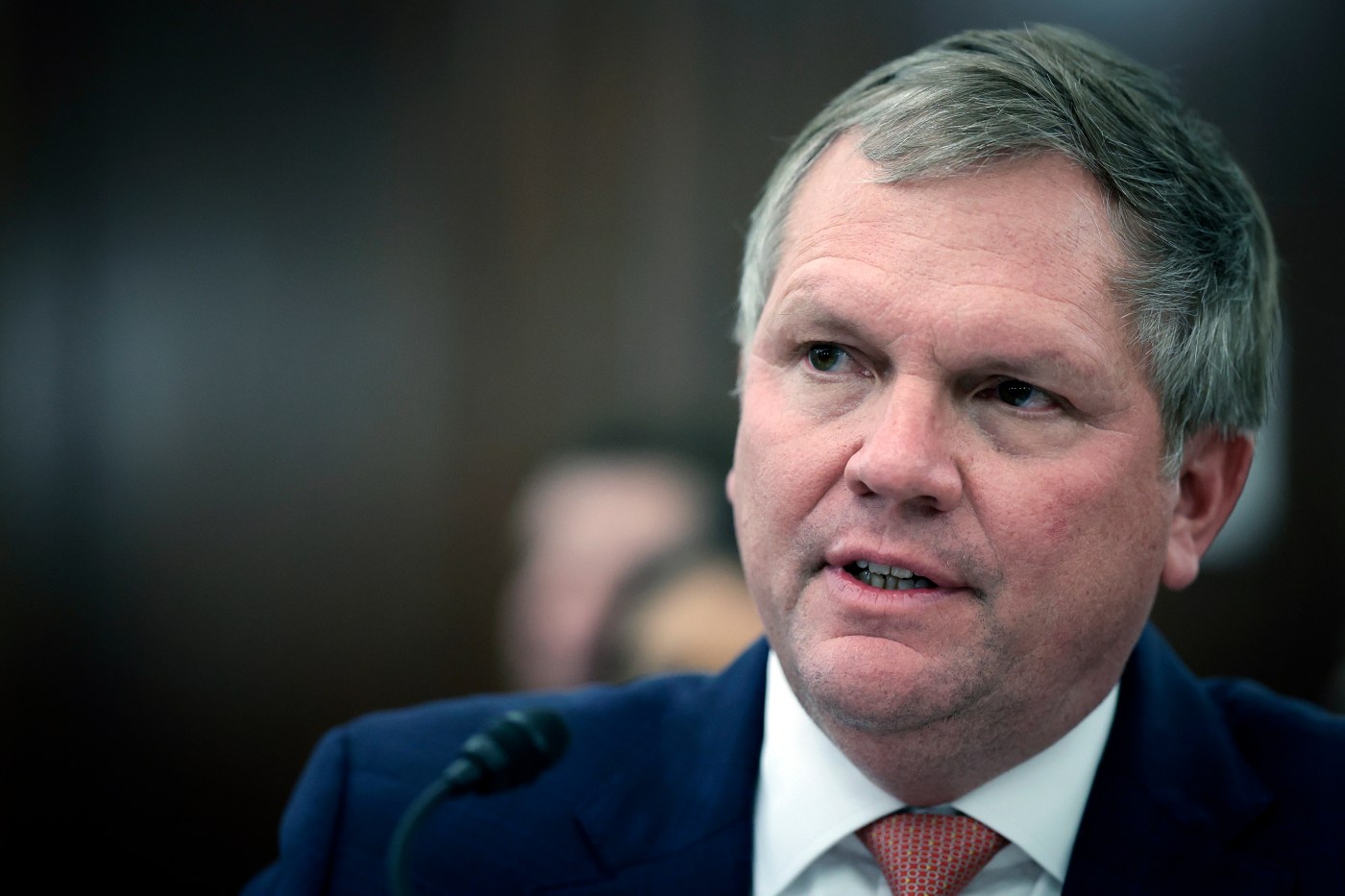Having a romantic relationship with an employee didn’t used to be a fireable offense for CEOs. They would get canned for misappropriating funds to fuel the affair, or for not fully disclosing the details to the board when they eventually got caught. But it was rarely the relationship itself that got them fired — if they even got fired at all.
It was part of the trade-off corporate boards seemed willing to make. If you wanted a charismatic and creative CEO, then the thinking went that you needed to accept the boundary-pushing, big ego, aversion to rules — and occasional indiscretion — that could come along with it.
But in the last few years, boardrooms across corporate America have recalculated whether they should be taking these kinds of ethical lapses as a warning sign of bigger problems. For the latest proof point, look at Norfolk Southern Corp. Last month, the railroad ousted then-CEO Alan Shaw for violating its policies by having a consensual relationship with the company’s chief legal officer, Nabanita Nag. (Nag was also fired.)
Norfolk’s strict no-tolerance stance about office relationships with subordinates shows just how seriously companies have come to take this type of CEO misconduct. Despite the backlash against #MeToo, this is an area where the movement’s impact has stuck: Boards now grapple with the question of what consent really means when there’s an innate imbalance of power.
Red flags
But it’s not just the cultural shift that’s driving the crackdown on executives’ dalliances. Boards have a strong business case as researchers find increasing evidence pointing to a link between problematic personal and professional behavior. “We know that boards see these kinds of relationships, especially extramarital, as signs that the operation of the organization isn’t tight,” says Amy Nicole Baker, a professor of psychology at the University of New Haven who studies workplace relationships. “It’s not necessarily about values. This is a signal to the board that there could be other issues.” (In the case of Norfolk, Shaw was married.)
The 2015 hack of Ashley Madison — the site’s slogan is “Life is Short. Have an Affair” — gave academics a treasure trove of data to examine the connection between cheating at home and at work. One study found that companies run by the 47 CEOs and 48 CFOs who were paying Ashley Madison users (97% of them married) were twice as likely to have had a financial misstatement or involvement in a class action securities lawsuit.
A second group of researchers had a similar finding — that the number of employees who used corporate emails to register for the site was associated with unethical behavior at a company level. But their paper had an additional discovery that illustrates, as they write, why it’s so “difficult to engineer a perfect corporate culture due to potential trade-offs between employee creativity, risk-taking, and integrity”: Those same companies that employed more Ashley Madison users were also the most innovative organizations, measured by R&D and patent activity.
Creative or careful?
This paradox neatly captures the challenge facing boards and HR departments. If a company hires only very cautious people, it will likely end up with no cases of misconduct — but also no innovation. “We need to acknowledge that you don’t get a set of inconsistent qualities in the same person,” says Alison Taylor, New York University business school professor. “We want contradictory things from the same people.” Organizational psychologist Tomas Chamorro-Premuzic, who is the chief innovation officer at ManpowerGroup, calls these employees who sit at the intersection of entrepreneurial talent and counterproductive work behaviors “toxic assets” in the war for talent.
Related Articles
Tech companies trim Bay Area jobs as layoffs persist for woozy sector
Long-shuttered SJ Fry’s site poised to become huge tech hub
Biotech company buys big north San Jose building in possible expansion
AI cluster sprouts in downtown San Jose as leaders eye tech growth
Opinion: Minimum wage hikes are driving surge in youth unemployment
There are ways that companies can make sure they’re getting more of the asset and less of the toxic. Taylor pointed me to a paper on “cultures of compliance” by Georgetown Law professor Donald Langevoort, who lays out some ideas for how to make sure the business world’s reverence for power and competitiveness doesn’t bleed over into misconduct. Among them: Bosses shouldn’t set unreasonable goals or employees will “take it as a license to cheat,” he writes. And don’t pass over ethical workers for the more “ethically plastic,” or the “lucky risk-takers who do not get caught, and who will thus appear to be especially skilled and productive.”
At the CEO level, boards need to pay attention to how an executive gets to the top. As Langevoort writes, “The pathways to power have to be another compliance watch-list item.” It tracks then that often the most effective CEOs are the ones who never aspired for the role. They’re focused on doing the work because they enjoy it, not because their ultimate goal is doing whatever it takes to get to the top of the corporate ladder.
At Norfolk, Shaw was trying to turn around the railroad after its devastating derailment in East Palestine, Ohio, last year. The 30-year company veteran had recently prevailed against activist investor Ancora, which had argued he wasn’t ruthless enough and wanted him out. Shaw was under such intense scrutiny, had so much to lose, and yet he still decided to take on the personal and professional risk of an extramarital affair with a colleague. That likely left the board questioning what other lines he’d be willing to cross — a risk it wasn’t willing to take.
Beth Kowitt is a Bloomberg Opinion columnist. ©2024 Bloomberg. Distributed by Tribune Content Agency.












+ There are no comments
Add yours